Reviewed by Sahil Chopra, MD, and Stacey Gunn, MD.
Research by Savit Malhotra and Theresa Do.
Introduction
As the field of longevity medicine continues to grow, the market for supplements follows. However, this larger market is dominated by a select group of compounds, one of which is lithium orotate. Recent studies have suggested benefits for sleep from this supplement when used in small doses. Unfortunately, as with many supplements, research data tends to be limited and often anecdotal. For this reason, we advise cautious use of these supplements and recommend that you only use them under the guidance of a trained professional. In this article, we will explore what lithium orotate is, the use cases for this supplement, and some important considerations to keep in mind while using it.
The History of Lithium Orotate
Lithium Orotate, also referred to by its chemical structure LiC5H3N2O4, or LiOr for short, dates back as early as the 1970s. In the 1970s, a German physician by the name of Hans Alfred Nieper suggested that lithium orotate could be used as a means for inorganic ions to make their way across biological membranes.[1] We will note, however, that Hans Alfred Nieper was a very controversial person, often claiming that he could treat cancer, multiple sclerosis, and other diseases through what he coined “Nieper Therapy,” a dangerous therapy that was ineffective.[2] This initial study began a spike in research on lithium orotate, but this was short-lived. In 1979, it was found that the administration of lithium orotate could lead to increased renal toxicity (relative to other lithium-based compounds, particularly Li2CO3).[1,3] Although this claim did receive pushback due to the process in which it was brought in, it effectively paused research on lithium orotate for several decades.
However, research on lithium orotate picked up again in the early 2010s.[1] Later, in 2022, a group of researchers repeated the earlier-mentioned experiments and found that the results were not accurate; in fact, lithium orotate was found to be safer for the kidneys than its Li2CO3 counterpart.[4] With this new study disproving earlier claims, the interest in lithium orotate has grown recently. Many longevity medicine groups have taken an interest in this supplement.[5]
Uses for Lithium Orotate
As mentioned earlier, research on the actual benefits of lithium orotate is of variable quality. For example, one research study had participants fill out surveys on their experience with the supplement. It showed that many participants felt that the lithium orotate supplement had improved cognition, anxiety, and mood.[6] However, with this being a survey, it brings into question how much of the data was purely due to the placebo effect.
Better researched are the effects of low-dose lithium carbonate (the commonly prescribed form of lithium) in animal models. One study found that, when administered in low (less than or equal to 0.5 mM) concentrations, lithium can improve cardiovascular function, musculoskeletal health, obesity, diabetes, Alzheimer’s Disease, inflammation, and oxidative stress.[7] These results are serving as the basis for the current ongoing research on lithium orotate in humans. We will discuss more of the use cases and efficacy below, but another important area of research is the effects of these medications on sleep. Previously, it has been noted that those with bipolar disorder may see improvements in circadian rhythm disruptions while taking lithium. This was suggested after a meta-analysis of 95 studies demonstrated that lithium can delay sleep-wake phase rhythms while increasing regularity of daily activities.[8] Unfortunately, data on the subject overall tends to be limited and often anecdotal. While there are some studies on lithium/lithium orotate in humans, many of these studies are outdated or overstate their findings. We explore these studies more below.
One key role of lithium in the body for sleep has to do with melatonin and its role in modulating serotonin signaling in the brain, which has been believed to contribute to mood-stabilizing effects.[9,10,11] However, this is not to be confused with earlier claims that state that lithium plays a central role in serotonin balance.[12] Serotonin is linked to melatonin production via its conversion in the pineal gland, but there is no direct evidence suggesting that increasing lithium supports melatonin production.[13,14] Beyond neurotransmitters, lithium orotate has also been shown to support neuroprotection and stress resilience by regulating cellular pathways involved in brain plasticity and repair.[15,16,17] It is important to note that current medical literature does not support the idea that lithium supports the body’s natural sleep cycle without changing actual sleep physiology. All of this is a very gray area, and as more research is conducted, we will continue to update our readers with the latest work.

Use Cases and Efficacy
As previously mentioned, at low dosages, lithium works as a supplement and provides a handful of neuroprotective and physiological benefits. Recent research has shown that lithium may be an important nutrient that plays a significant role in maintaining mood and other bodily functions.[18,19] Of the many versions of lithium salt supplements, lithium orotate is said to be the most “safe” and “natural.”[20] Lithium orotate is widely available in the market and can be purchased through various websites online and over the counter. Like all supplements available this way, it is wise to find a reputable source.
To maximize the benefits while minimizing potential side effects of sleepiness, stomach upset, and decreased appetite, a microdosage of elemental lithium is typically recommended. This generally ranges from 1 to 5 milligrams (mg), or also written as 1000 to 5000 micrograms (mcg), of elemental lithium.[21,22] This translates to approximately 120 mg of lithium orotate, considering that one standard pill of lithium orotate contains around 5 mg of elemental lithium.[22] Another recommendation is taking lithium orotate in the evening, preferably with a meal. Since the supplement can cause drowsiness, taking it in the evening can promote better sleep and synchronization with the body’s circadian rhythm.[21] Reported benefits of taking lithium orotate from various studies include higher feelings of relaxation, fewer mood symptoms, and less emotional reactivity.[23,24]
Safety Precautions of Lithium Orotate
With all supplements, as research is still limited, it is important to take safety precautions when utilizing lithium orotate. Whereas taking a low dosage of lithium is considered safe, taking a higher dosage of lithium as a supplement can be dangerous. One case study reported the adverse effects of misusing lithium orotate beyond the recommended dosage. In this case study, an 18-year-old woman ingested 18 tablets of lithium orotate, for a total of 83mg lithium.[25] Her adverse reaction manifested as nausea and vomiting.[25] High dosages of lithium in general can also impact kidney function[22], and very high overdoses of lithium can result in seizures, coma, or death. Adhering to the manufacturer’s instructions is crucial for safe usage. Furthermore, it is important to be aware of the different versions of lithium. Lithium carbonate and lithium citrate are prescribed as medicines and can be more potent than lithium orotate.[20] You can find the ingredient list on the back of each bottle and identify which form of lithium is in the product.
What Do We Recommend?
In conclusion, while lithium orotate could potentially be used to promote sleep through its effects on mood, relaxation, and circadian rhythms, we recommend taking caution and consulting with your provider prior to starting the supplement.[24] Your provider can properly evaluate whether lithium orotate is a good approach considering your medical history. With starting any medication or drug, drug interactions and medical conditions can impact its safety and efficacy.[22]
Beyond lithium orotate, various alternative sleep aids and strategies contribute to better rest, including sleep habits and lifestyle. At Empower Sleep, we understand that every individual’s sleep journey is unique. That is why our dedicated sleep team provides personalized guidance and support to help you identify how to approach your sleep concerns. With our approach, even though there are no randomized control trials, we can do an “n-of-1” experiment where anyone who tries these supplements. A baseline study can be established through the SleepImage ring, and a week of testing with the medication/supplement can be done. The results can then be compared, and the individual benefits can be analyzed. For more answers to your sleep concerns and to connect with an Empower Sleep care coordinator, feel free to contact us: https://www.empowersleep.com/welcome








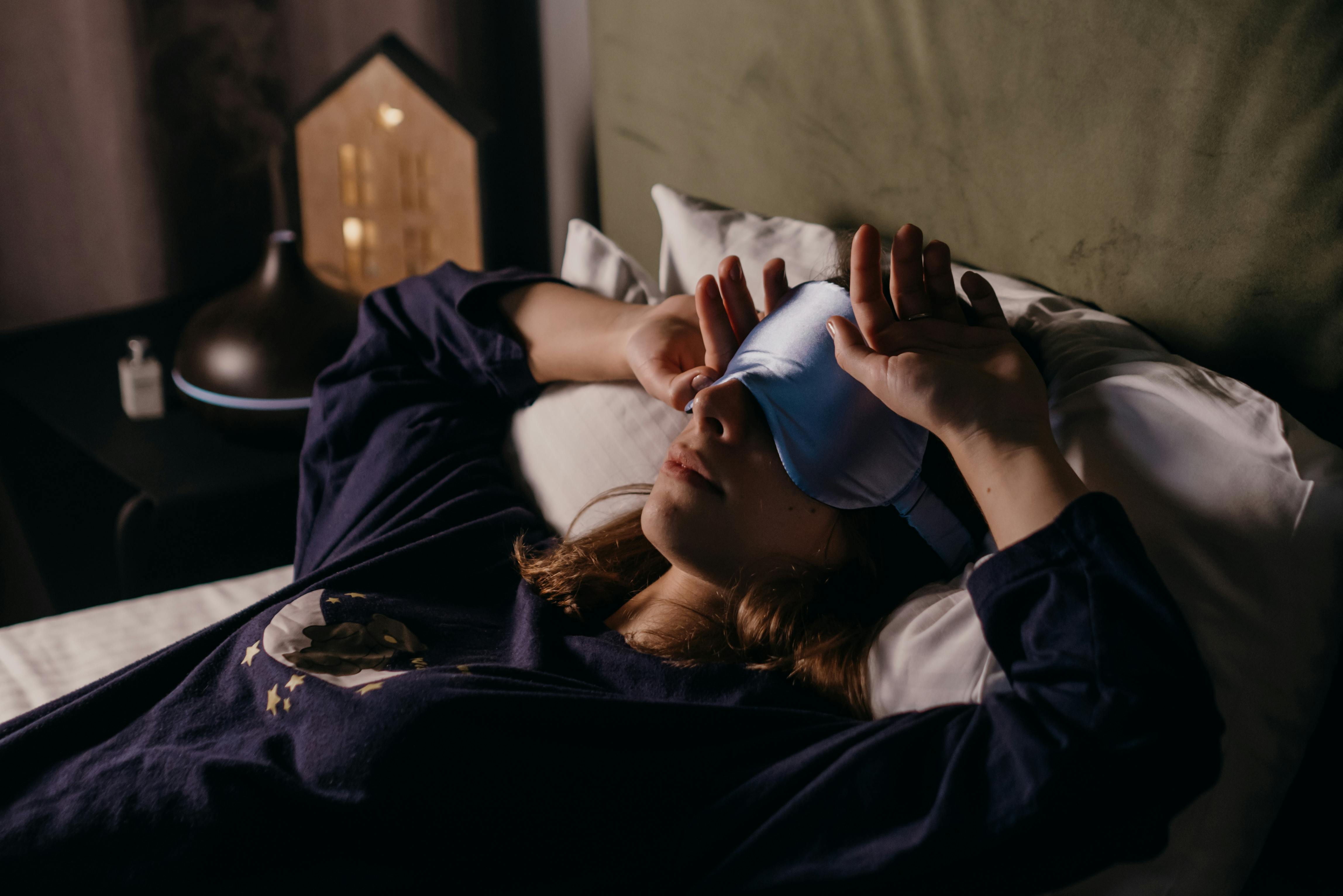




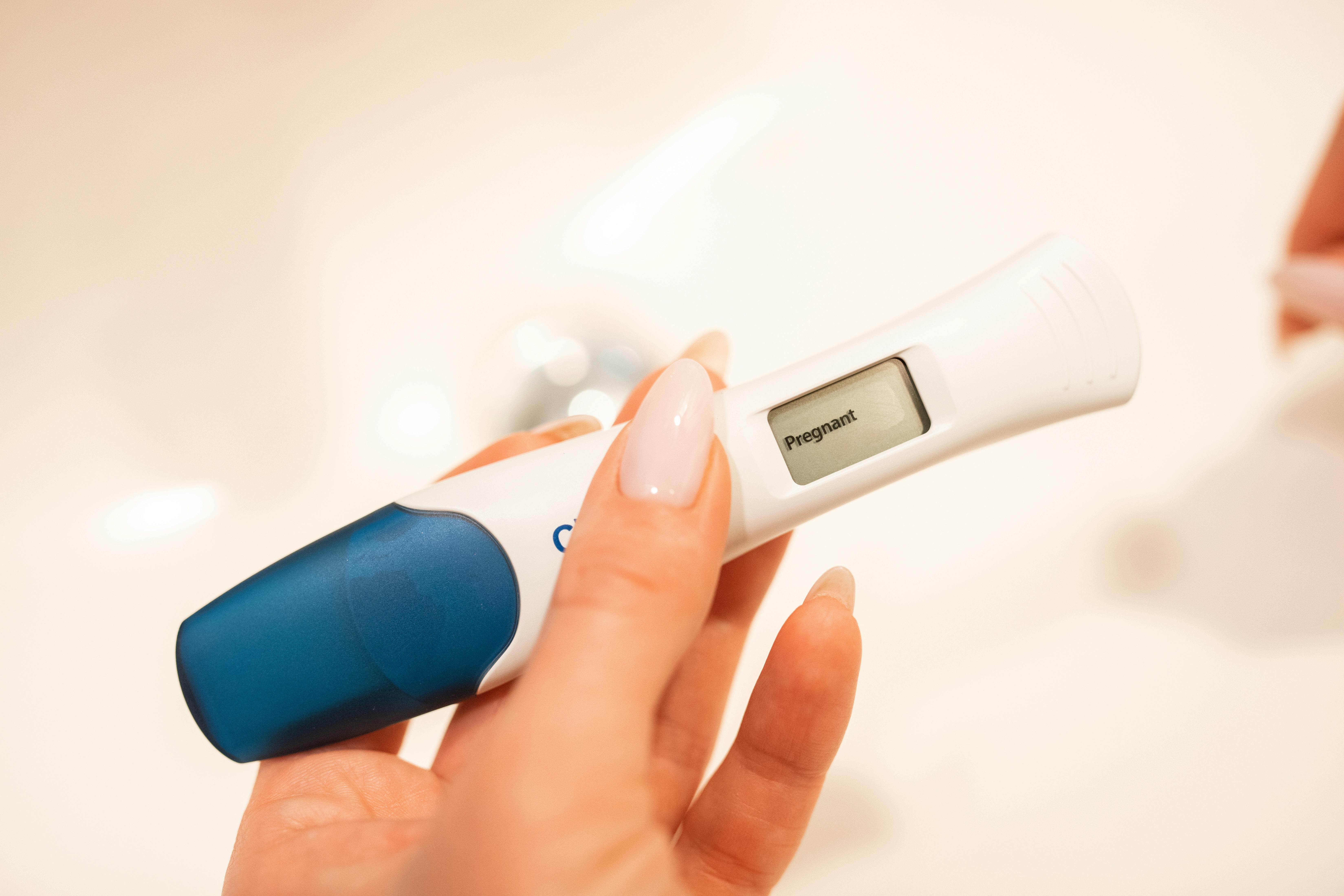






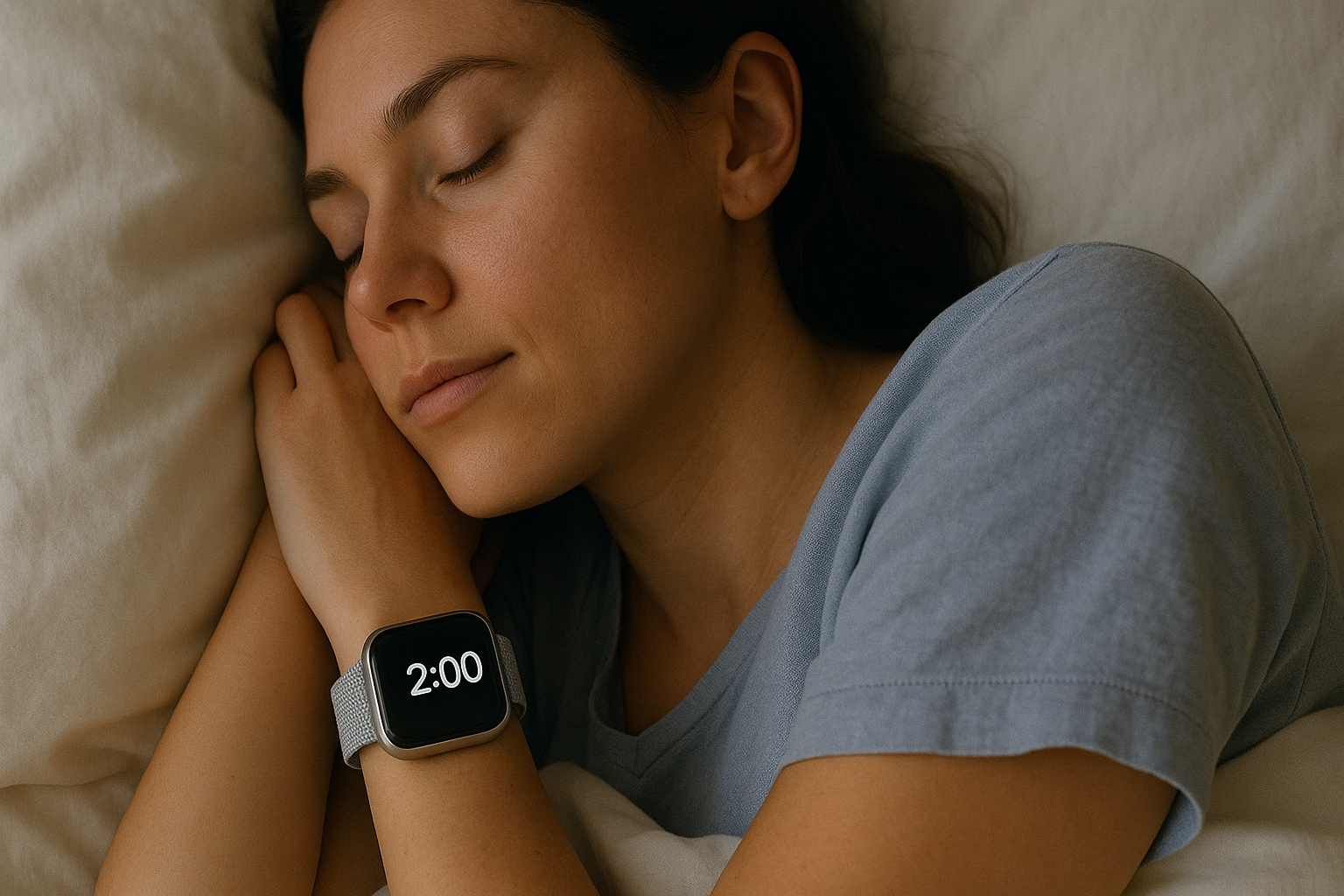


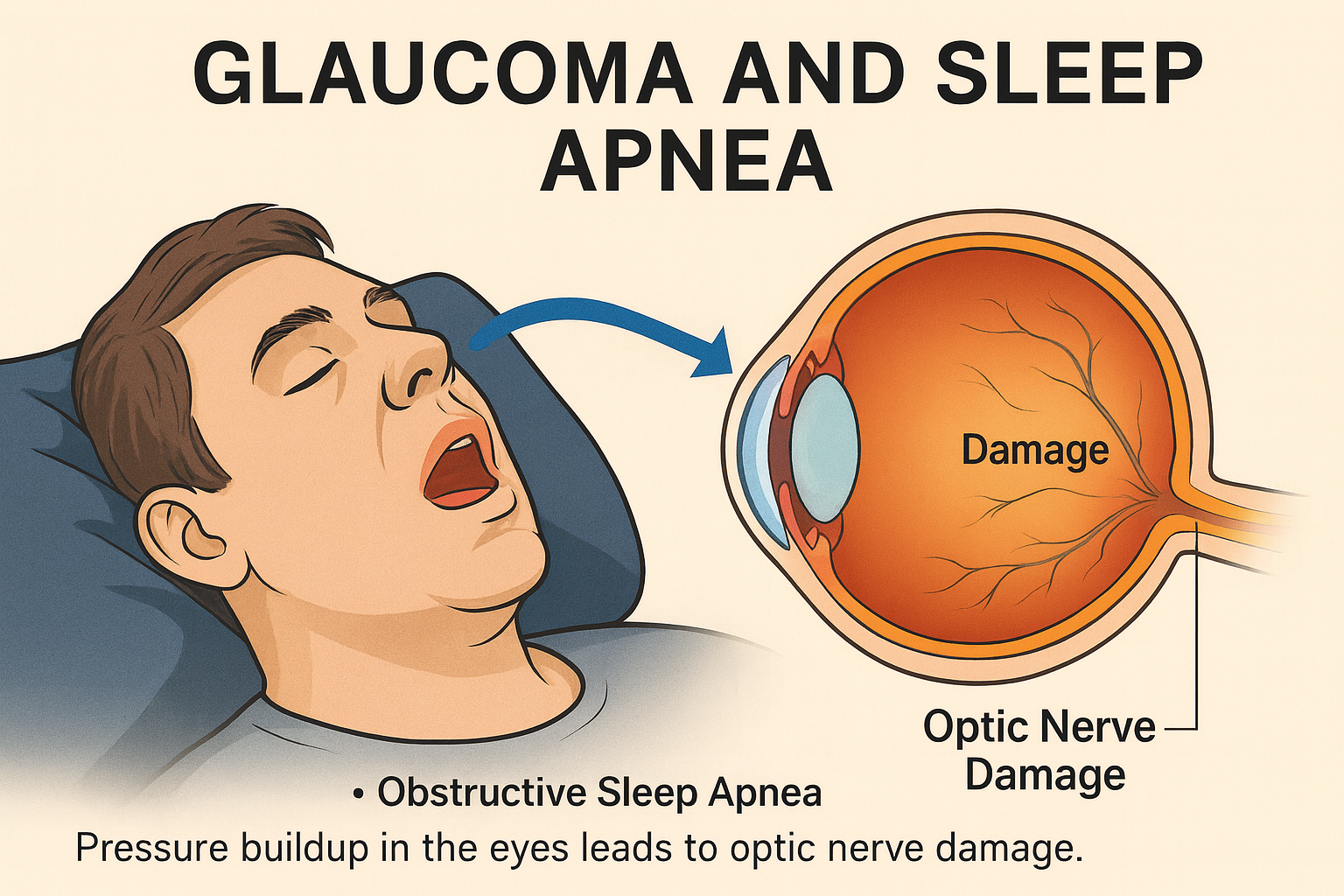

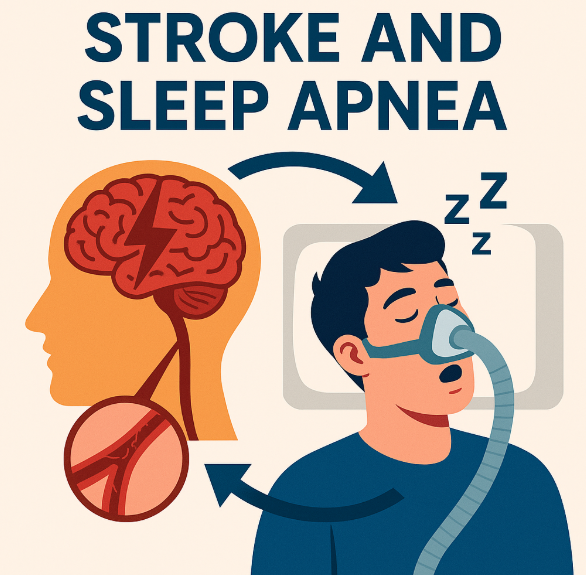
































































%20thumbnail.jpg)
.png)